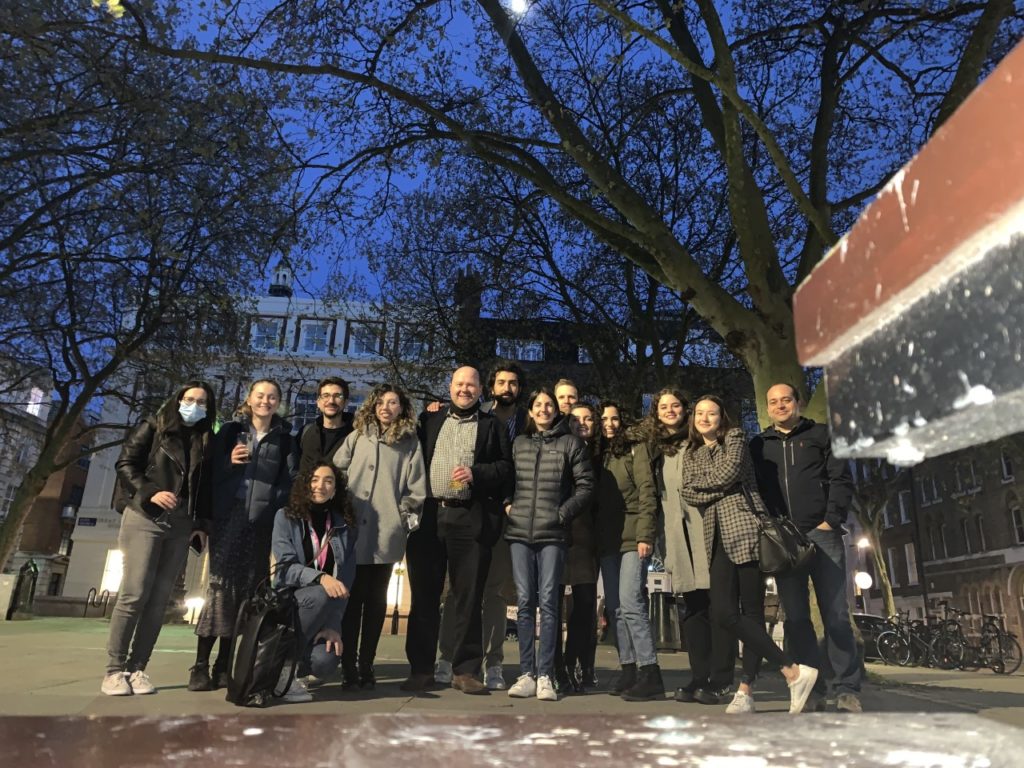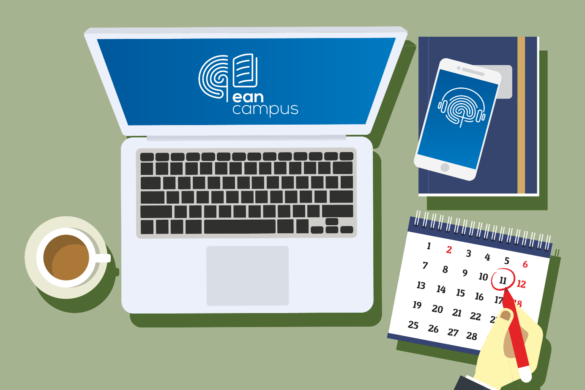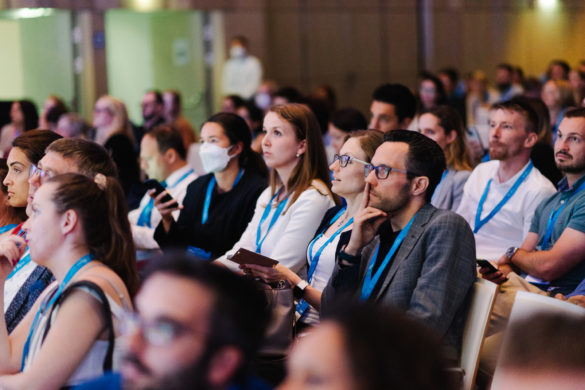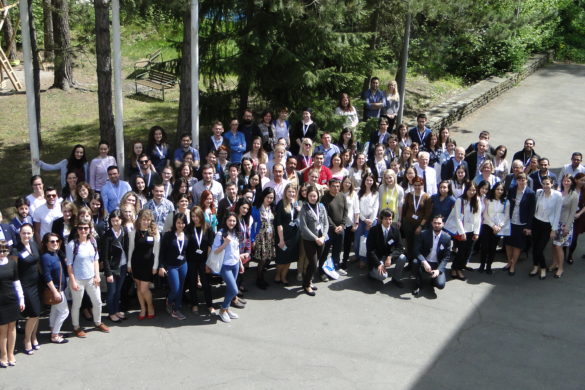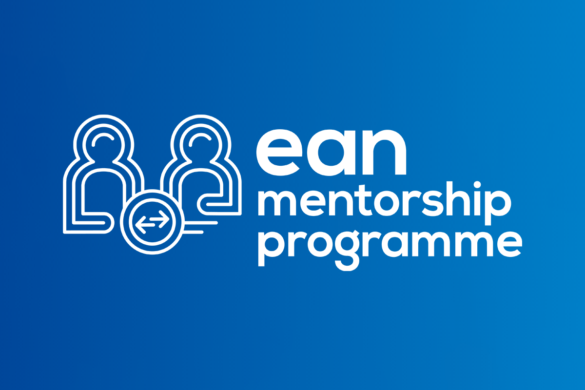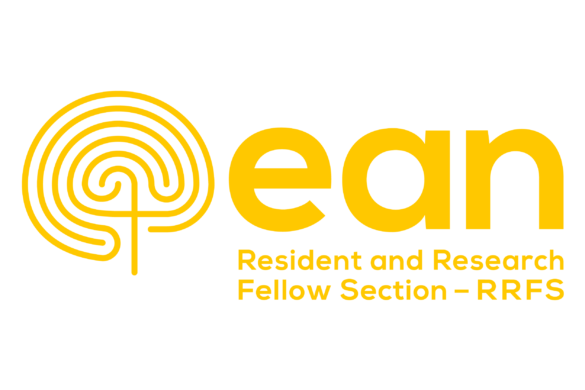by Riccardo Currò, Pavia, Italy
I’m extremely grateful to the European Academy of Neurology for granting me a 12-month Research Fellowship. This fellowship enabled me to join the prestigious Neurogenetics Laboratory at UCL Queen Square Institute of Neurology, in London, under the supervision of Prof. Henry Houlden. My research project aimed to dissect the molecular mechanisms underlying neurodegeneration in RFC1 expansions disorders. During my stay I have had the chance to learn and apply a wide range of techniques, including repeat-primed PCRs, Southern Blot, flow cytometry, immunocytochemistry, and Western blot. I gained experience on cell culturing, starting from basic cell lines, such as fibroblasts and lymphoblasts, and moving to more advanced lines, such as IPSCs. Among other things, our work enabled us to expand our knowledge about the genetic background underlying CANVAS and to describe the impact of the repeat size on the clinical heterogeneity of this repeat expansion disorder. Moreover, we dug into new genes discovery in other neuromuscular disorders.
I greatly appreciated the overall attention paid to education and sharing of knowledge. UCL Institute of Neurology offers a wide range of seminars, talks, and journal clubs to discuss novel technologies, achievements and new frontiers in neurogenetics, in a stimulating and positive setting. The multicultural nature of lab members was an extra value.
I enjoyed this experience to the extent that I decided to continue my honorary research fellowship as a PhD student. I’m deeply thankful to Prof. Houlden and to the EAN for giving me this life-changing opportunity.
